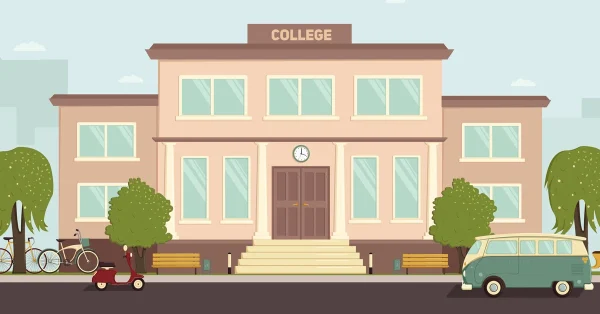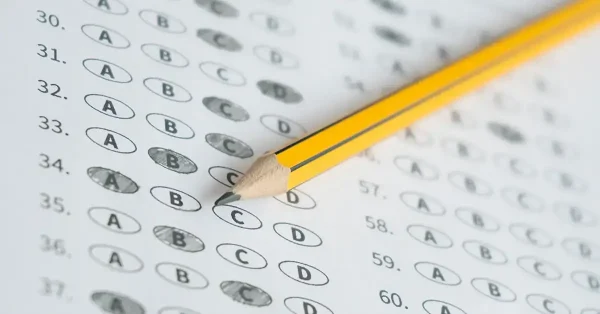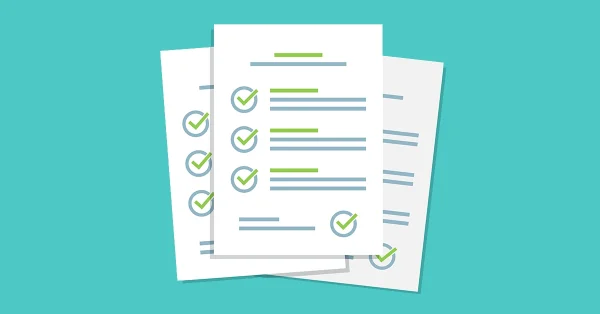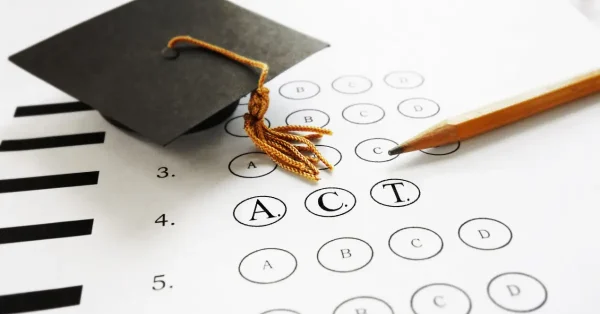The UWorld College Prep Blog
Related Articles

How Your ACT® Score Impacts Your College Admissions
Uncover the importance of ACT® scores in your dream college admissions—Here’s a list of Ivy Leagues & Top Colleges with scores for academic success.

Under Pressure: How to Deal with Test Anxiety
Discover strategies to overcome test anxiety and build confidence on the SAT® or ACT® with our help. Alleviate exam pressure and achieve success!

What Are ACT® International Subject Tests & Why Are They Important?
Learn about the importance of ACT® International Subject Tests and their benefits. Find out how they can help you get into your dream college.

The Role Of The ACT® Writing Section In College Admissions
ACT® Writing scores can play an significant role in your college admissions. Find out why it is crucial and which colleges require ACT Writing in this guide.

The Pros And Cons Of Retaking The ACT®
You can always retake the ACT® if you’re unhappy with your score! Learn when you should retest the ACT, what to consider, and why you should retake it.

How To Verify Your ACT® Score
When your ACT® score is less than expected, you should opt for ACT score verification! This blog will show you how and when to request ACT score verification.

How To Interpret The ACT® Score Report?
Understanding your ACT® score report can be confusing! Our detailed blog helps you decode your composite score and subscores and interpret results.

What To Bring On ACT® Test Day: A Complete Checklist
Our ACT® test day checklist covers everything you need to bring for a successful test day. From photo ID to snacks, we’ve got you covered!

Which Colleges Superscore the ACT®
It is crucial to know how to leverage multiple ACT® scores when applying to colleges. Know which colleges superscore the ACT and see how it works?

What To Expect on ACT® Score Release Day
Learn when ACT® scores come out, how to check your ACT scores, what can cause a delay and more about ACT score release day!
